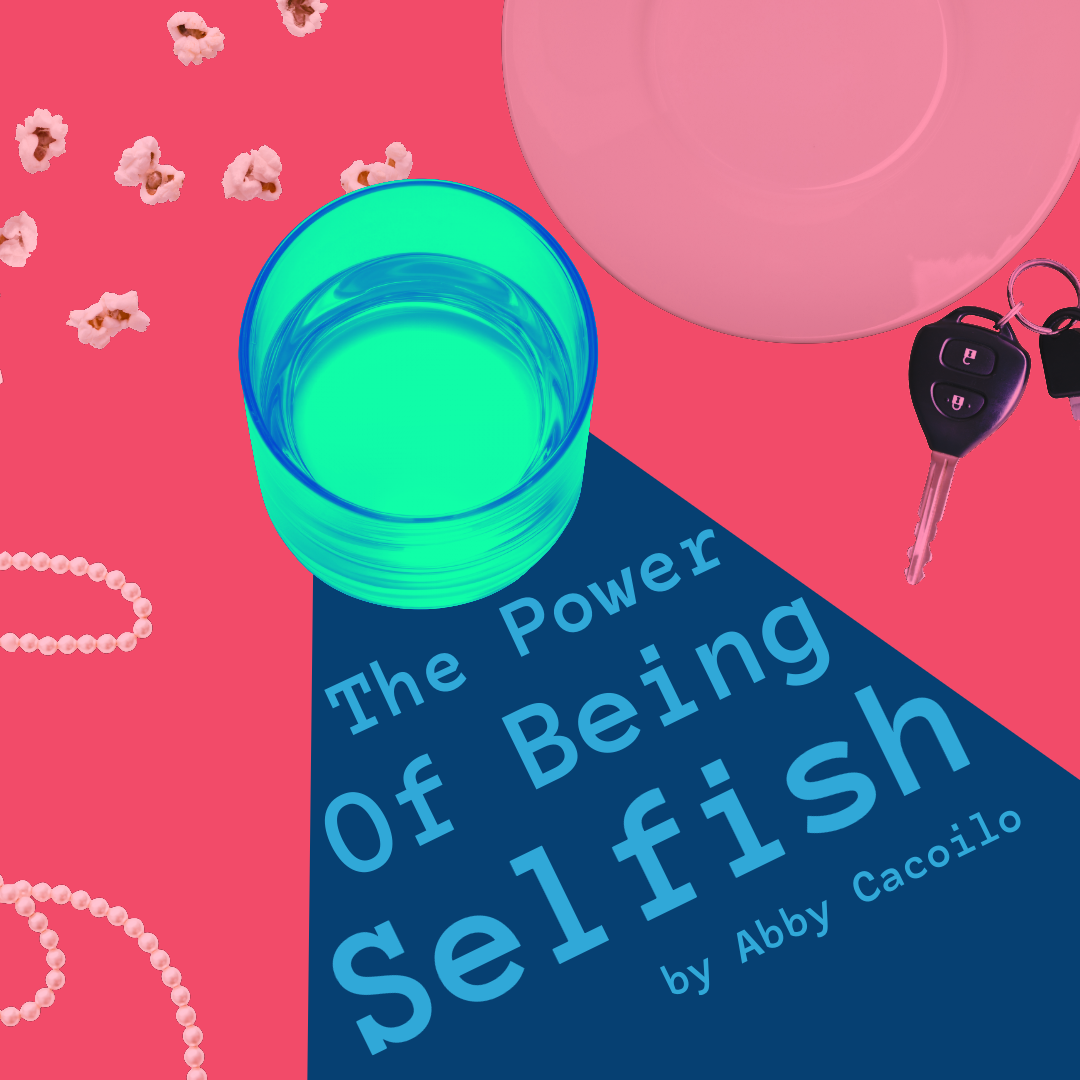When selfishness is understood as the act of prioritizing one’s own needs, well-being, and tough choices, personal growth plays a crucial role in improving mental stability. True selfishness is not about neglecting others or becoming self-centered;. iIt is about understanding that taking care of oneself is an essential part of becoming a better human being. Although some people give selfishness a negative connotation, by examining increased self respect, improved relationships and sky-rocketing maturity it is clear that being selfish is a key role in personal growth.
One of the most significant benefits of embracing selfishness is the increased self-respect that comes with it. Many people struggle with self-esteem issues because they spend so much time rooted in other people’s problems, ultimately neglecting their own needs. When individuals learn to focus on themselves, they begin to develop a deeper sense of self. One way this can occur is setting personal boundaries. Taking care of oneself ensures that a person does not lose their sense of identity. For example, I may decide to take a “self care day,” say no to a work shift or stay in on a Saturday night. I make sure to take time for my own hobbies, activities, and relaxation without feeling the need to please others. This boosts my confidence and solidifies the idea that my own happiness is just as important as everyone else’s. Making oneself a priority helps to eliminate the guilt that often accompanies putting personal needs first. When a person realizes that taking care of themselves isn’t selfish in a negative way, but rather necessary for mental and physical health, they can build a stronger foundation of self-esteem.
Though some may disagree, being selfish can actually improve relationships. People who take time to nurture their own mental and emotional health not only are more pleasant to be around but are better individuals to be supported by. Within relationships, healthy selfishness can be a positive thing. The saying goes, “You have to love yourself before you can love someone else.” It is evident that when a person knows what they need and want in life, they are more likely to have better communication skills, reducing any misunderstanding amongst a relationship. Whether the relationship is platonic or romantic, respect should be a given. A person who seeks to benefit themselves first will know how to demand the respect they know they are worthy of. Positive selfishness means not settling for relationships that are mentally and physically harmful. If someone is being called “selfish” for wanting to get out of a toxic relationship, then so be it. Ultimately, that person would be doing a disservice to themselves if they stayed in that relationship. From personal experience, I have had to distance myself from a friendship because of the competitiveness we were exhibiting. This time apart helped my friend understand that this wasn’t me rejecting her out of my life but rather it was a moment to recharge as a personal necessity. Some may see this as a selfish act, but I believe it facilitated our friendship to become stronger than ever. Now, we both acknowledge when we need a moment of distance or a reset in order for us to be a better friend to one another.
Additionally, self-prioritization fosters maturity by encouraging individuals to make tough choices that lead to necessary benefits. Growing up, difficult decisions will come and go and sometimes someone may need to make the best call for themselves at that moment in time. Maturity is demonstrated through the ability to detect when a situation serves no real value to one’s well-being while also having the courage to make necessary changes. For instance, I once have had to leave a job during its busiest season because it was affecting me mentally. My manager wanted me to stay but I had to maturely decline for my personal growth. This form of selfishness allows people to become more independent and it builds resilience needed to navigate life’s obstacles.
On the other hand, excessive amounts of selfishness can have negative effects. Crossing the “self-centered line” could lead to strained relationships, social isolation, and an inability to show empathy towards others. Putting down others is different than solely lifting oneself up. Self-improvement should never never come at the expense of others. Personal growth is a balance between self-care and still being a good person. While displaying boundaries and making tough choices, it is equally important to practice empathy throughout life.
In conclusion, healthy selfishness is a vital part of leading a fulfilling lifestyle and fascinating positive relationships. It helps foster self-esteem issues, help individuals grow, and ensures that they are able to be attentive to others. By focusing on one’s own needs and desires, people can create lives that are in line with their values, build stronger bonds, and contribute positively to their environment. As a society, it is time to change the way we see selfishness. Instead, we shall recognize it as a powerful form of self discovery in enhancing personal growth.

No Comments.